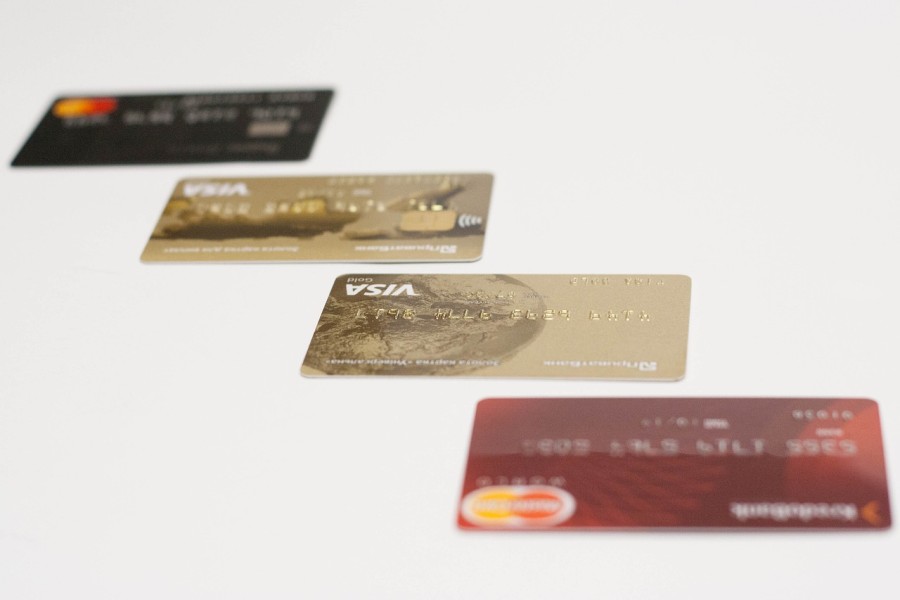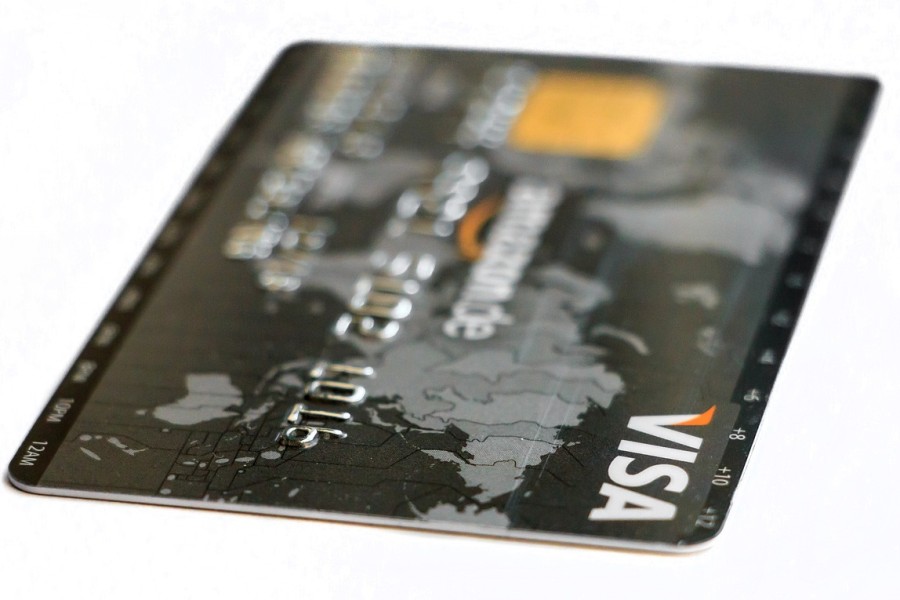Debit and credit cards have become essential tools for managing our finances. Among the many types of cards available, Visa and Rupay cards are quite popular and frequently used. While they serve the same basic purpose of facilitating electronic payments, they have distinct differences in terms of their origin, acceptance, benefits, and more. This guide will break down the differences between Visa and Rupay cards in simple terms, helping you understand which card might be the best fit for your needs.
Origin and Ownership
Visa Card:
- Visa is a multinational financial services corporation based in the United States.
- It was founded in 1958 and has since become one of the most widely recognised and used payment networks globally.
- Visa operates in more than 200 countries and territories.
Rupay Card:
- Rupay is an Indian domestic card scheme launched by the National Payments Corporation of India (NPCI).
- Introduced in 2012, it aims to fulfil the Reserve Bank of India’s (RBI) vision of a domestic, open, and multilateral payment system.
- Rupay is designed to meet the financial needs of Indian consumers and merchants.
2. Acceptance and Reach
Visa Card:
- Visa cards are accepted globally at millions of merchants and ATMs.
- They are widely used for international travel, online shopping from global retailers, and transactions abroad.
Rupay Card:
- Rupay cards are primarily accepted within India and a few other countries.
- While they are increasingly accepted by Indian e-commerce platforms and merchants, their international acceptance is limited compared to Visa.
3. Transaction Fees
Visa Card:
- Transactions on a Visa debit or credit card often incur higher processing fees, especially for international transactions.
- These fees are usually borne by the merchants, but sometimes they can be passed on to consumers.
Rupay Card:
- Rupay cards usually have lower transaction fees due to their domestic nature and NPCI’s cost-effective processing.
- This makes them a more economical option for transactions within India.
Also Read: Can You Use Your Credit Card At An ATM?
4. Security Features
Visa Card:
- Visa offers robust security features, including Visa Secure (formerly known as Verified by Visa) for online transactions.
- Advanced fraud detection systems and global customer support are part of Visa’s security infrastructure.
Rupay Card:
- Rupay cards also offer strong security measures, including RuPay PaySecure for online transactions.
- NPCI has implemented security protocols tailored to the Indian market’s needs.
5. Benefits and Rewards
Visa Card:
- Visa cards often come with various benefits, such as travel insurance, purchase protection, and exclusive offers at hotels, restaurants, and retailers worldwide.
- They may also offer reward points, cashback, and discounts through various loyalty programs.
Rupay Card:
- Rupay cards offer benefits like accidental insurance coverage, particularly on RuPay Platinum and Select cards.
- They are increasingly partnering with Indian retailers and service providers to offer discounts and cashback within India.
Conclusion
Choosing between a Visa and a Rupay card depends largely on your specific needs and usage patterns. If you frequently travel abroad or shop on international websites, a Visa card would be more suitable due to its global acceptance. On the other hand, if most of your transactions are within India, a Rupay card could be a cost-effective and beneficial option. Both cards have their unique advantages, and understanding these can help you make an informed decision.
Also Read: Credit Card Insurance: Features and Benefits
FAQs
Q: Which card is better for international travel?
A: A Visa card is better for international travel due to its global acceptance and extensive support network.
Q: Are Rupay cards widely accepted in India?
A: Yes, Rupay cards are widely accepted across India, including at most ATMs, merchants, and online platforms.
Q: Do Rupay cards offer rewards and benefits?
A: Yes, Rupay cards, especially Platinum and Select variants, offer benefits like accidental insurance, discounts, and cashback on certain transactions.
Q: Which card has lower transaction fees?
A: Rupay cards generally have lower transaction fees compared to Visa cards, making them more cost-effective for domestic transactions.




